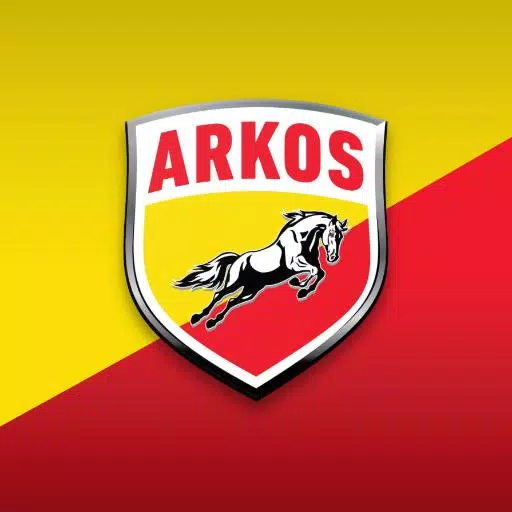Valve's Steam Deck: No Annual Upgrades, Focused on "Generational Leap"
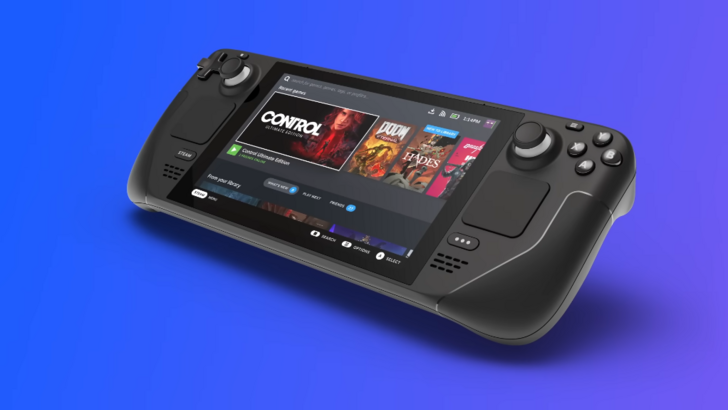
Valve has decided to break away from the typical yearly upgrade cycle seen in smartphones and some gaming handhelds, announcing that the Steam Deck will not receive annual hardware updates. This decision was articulated by Steam Deck designers Lawrence Yang and Yazan Aldehayyat in a recent interview. Their focus is on delivering meaningful advancements rather than incremental changes.
Valve to Avoid Annual Upgrade Cycle for Steam Deck

In their discussion with Reviews.org, Yang made it clear that Valve is steering clear of the "yearly cadence" that competitors often follow. He stated, "We’re not going to do a bump every year. There’s no reason to do that. And, honestly, from our perspective, that’s kind of not really fair to your customers to come out with something so soon that’s only incrementally better." The aim is to provide a "generational leap" in future iterations, ensuring significant improvements without compromising on battery life.
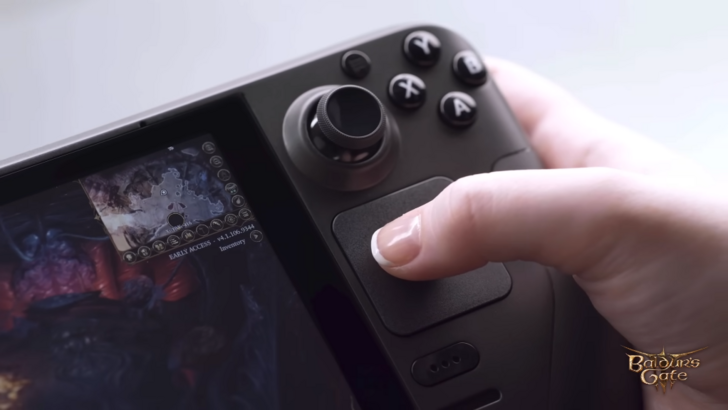
Aldehayyat highlighted Valve's commitment to enhancing the experience of playing PC games away from traditional desktop environments. While acknowledging the progress made with the Steam Deck, he noted, "There’s still a lot of room for improvement." Valve appreciates the innovations brought by competitors, such as the Steam Deck’s unique touchpads, which provide a competitive edge in navigating PC games. Aldehayyat expressed a desire for other companies to adopt similar features, saying, "We would love if other companies use touchpads."
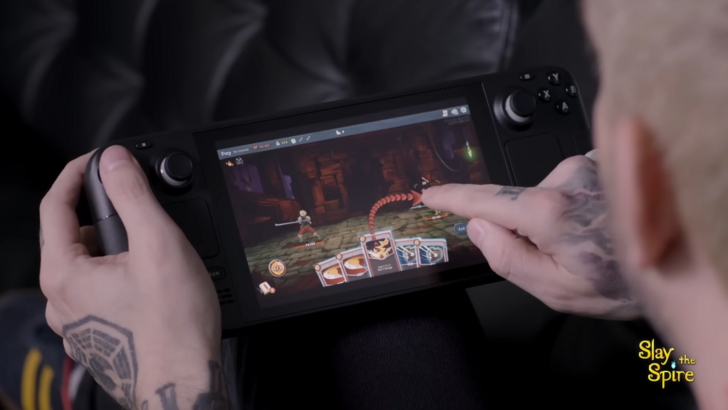
When discussing missed opportunities with the Steam Deck OLED, Aldehayyat mentioned the absence of variable refresh rate (VRR) as a significant regret. Despite its popularity among users and the design team, VRR couldn't be included in the OLED model. Yang clarified that the OLED version was not intended as a second-generation device but rather an enhancement of the original LCD model. The team is also working on improving battery life, though they recognize the challenges posed by current technology.
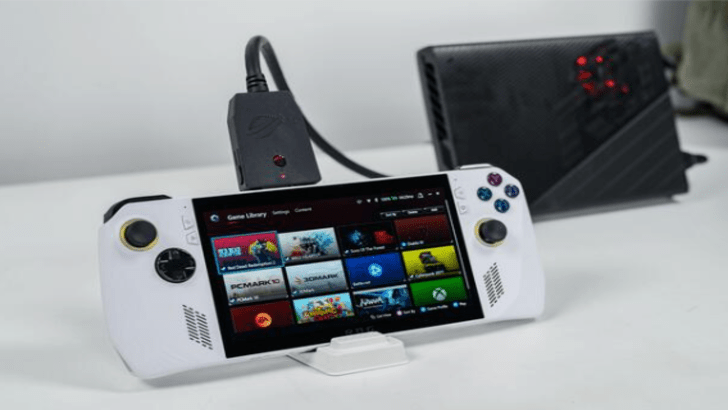
Despite the lack of yearly updates, Valve remains unfazed by the competition from devices like the Asus ROG Ally and Ayaneo. They view the increased competition as a positive force driving innovation in the handheld gaming PC market. Aldehayyat expressed enthusiasm about the variety of solutions being explored, stating, "We love the idea that a lot of companies are working on improving the experience of playing games outside of your office or away from your computer."
Steam Deck to Officially be Sold in Australia This November
The global rollout of the Steam Deck has been a factor in Valve's decision to avoid annual updates. Valve officially launched the Steam Deck in Australia in November 2024, as announced during PAX Australia. Prior to this, Australians could only obtain the device through unofficial channels. Yang explained the delay, saying, "It takes a very long time to get everything buttoned up in terms of financial due diligence, and then setting up all the logistics and warehousing and shipping and returns and all that kind of stuff."
Aldehayyat added that Australia was always on their radar, stating, "Australia was on the list of countries we wanted to be in during the first day of even designing the product. It was designed to meet Australian requirements. It was certified the same time the US and Europe and Asia was certified." However, the lack of proper channels and business presence in Australia delayed the official launch.
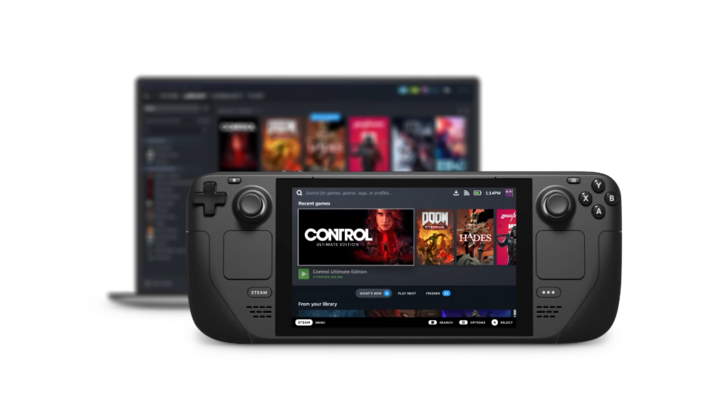
At present, Valve does not officially sell the Steam Deck in several countries, including Mexico, Brazil, and many parts of Southeast Asia like the Philippines and Indonesia. Users in these regions must rely on unofficial means, missing out on official support, accessories, and warranties. In contrast, the Steam Deck is available in markets such as the United States, Canada, much of Europe, and parts of Asia including Taiwan, Hong Kong, South Korea, and Japan via Komodo’s website.










